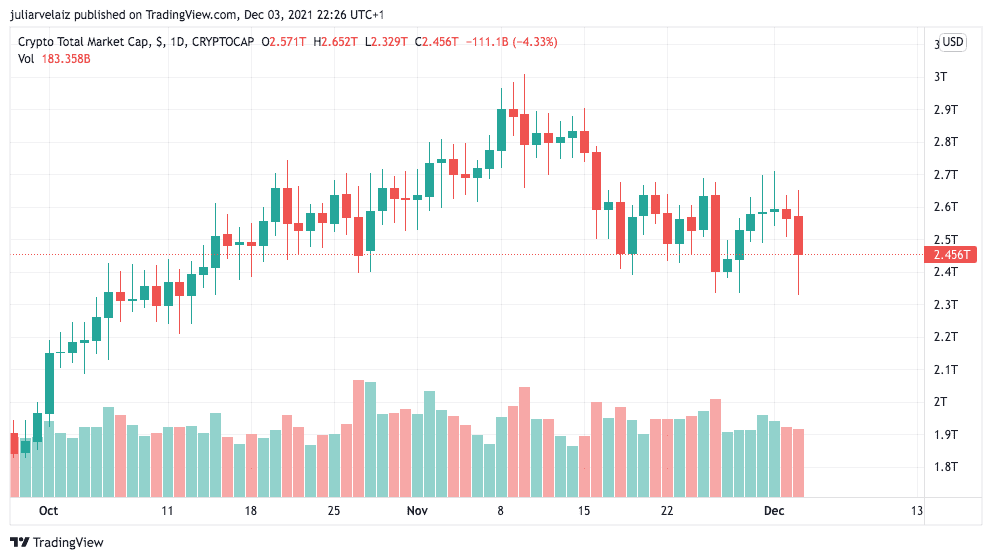Some have claimed that lawmakers needed to postpone the crypto taxation because the bill still has many loopholes to work on, but on top of that the presidential election is around the corner and lawmakers from all parties have the intention to win over young voters, who have shown high rejection towards the crypto tax and even formally asked to delay it.
With rates of unemployment going up and a slowed-down economy, the South Korean interest in crypto has only increased. It had even been alleged that a South Korean drop on Bitcoin investments could have an impact on its price.
South Korea’s Lawmakers Can’t Decide On Crypto
Lawmakers have been going sideways about the crypto taxation coming into action. There had been a previous proposal for postponing it until 2023 that was deserted last September as the Deputy Prime Minister and Finance Minister Hong Nam-ki had said that the taxation had to take effect next year:
Any further delay in the already postponed enforcement will lead to the loss of public trust in government policy and undermine stability in the legal system,
Back then, a huge backlash from crypto investors was expressed through online protests and petitions that called for regulators to drop the bill. One of them gathered around 201,079 signatures in 25 days.
Protestors claimed that taxation was premature because crypto investors had no protective measures, and the proposition means that they would be taxed at higher rates than stock investors. As the tax plans to get imposed on virtual assets earnings over 2.5 million Won (US$2,125), taxing of Stock capital gains starts at 50 million won (US$42,016). Some experts asked for virtual asset gains to be recategorized as financial income.
Related Reading | South Korea Financial Regulator May Impose Tax On NFTs
Before the bill had even been announced, in 2018 the South Korean government had said the crypto movement in the country was “irrational” and started to threaten to ban all cryptocurrency and shut down exchanges.
In March 2020, South Korea passed an amendment that came into effect in March 2021, the Act on the Reporting and Use of Specific Financial Transaction Information. It focuses on crypto exchanges, providers of custodian wallets, ICO projects, overall service providers involved in selling or buying crypto, crypto-to-crypto exchanges, transferring of crypto, storage, or management of virtual assets.
All of these service providers have to register with the Korean financial regulators before getting involved in any activity and reshape their know-your-customer and Anti-Money Laundering systems.
Related Reading | Dogecoin Rival Shiba Inu Becomes First Meme Coin To List In South Korea


